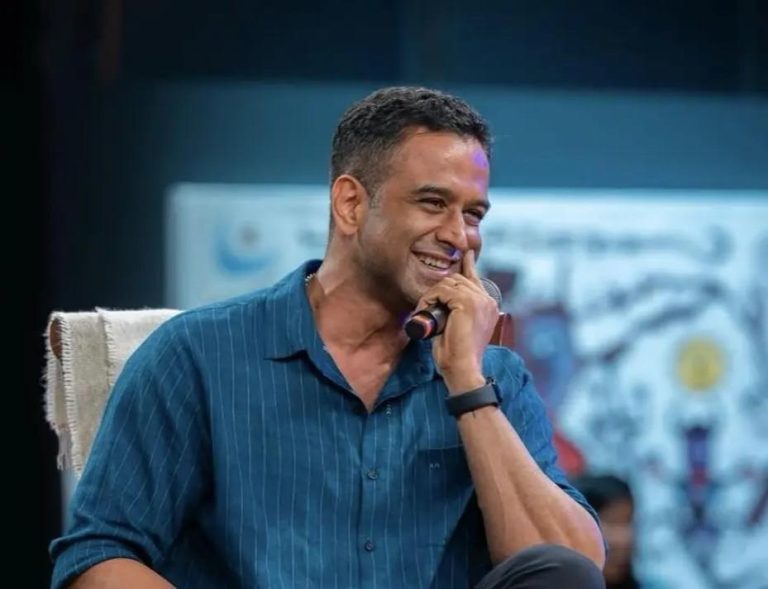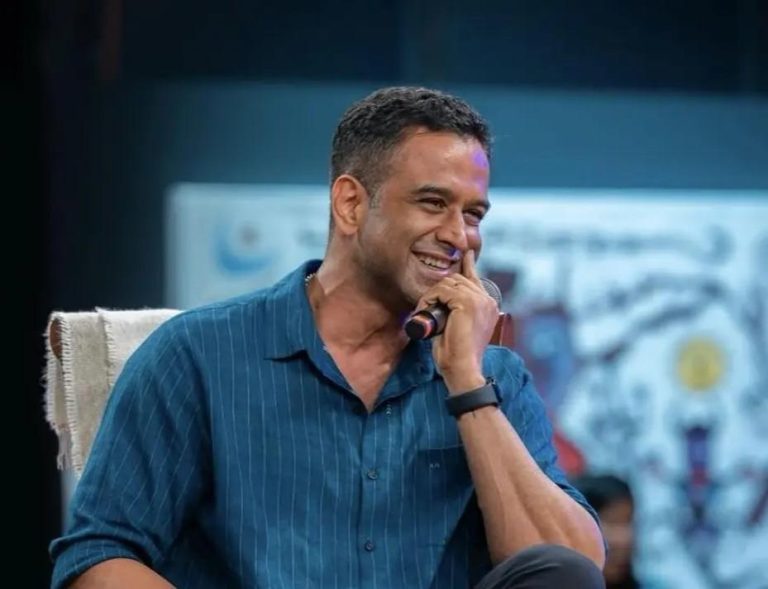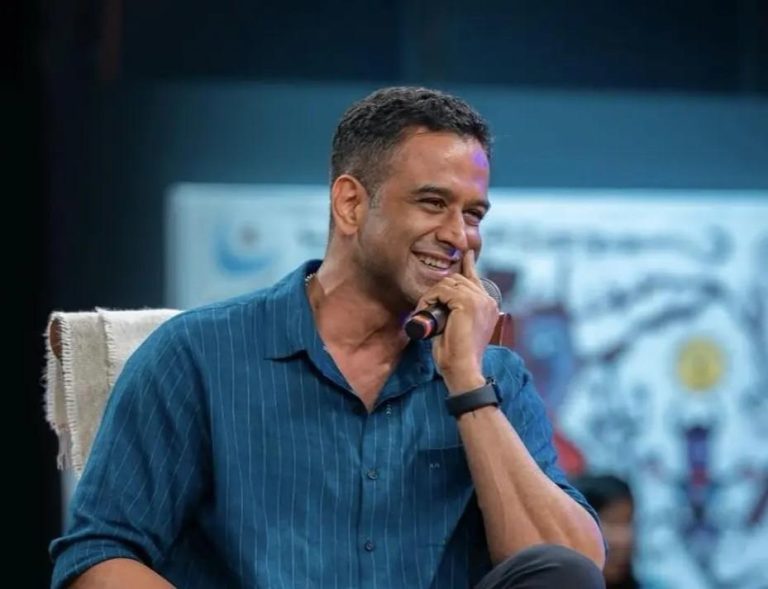
Samay, Ranveer, Ashish & others booked amid row over vulgar remarks
In a shocking development, a police case has been filed in Assam against four popular YouTubers, including Samay Raina, Ranveer Allahbadia, Apoorva Mukhija, Ashish Chanchlani, and Jaspreet Singh, over an episode of their web series “India’s Got Latent”. The FIR, filed by a local resident, accuses the content creators of “promoting obscenity and engaging in sexually explicit and vulgar discussion”.
The controversy began when Ranveer Allahbadia, a popular YouTuber with over 3.5 million subscribers, made a joke about watching his parents have sex during an episode of “India’s Got Latent”. The episode, which was uploaded on YouTube, has since been taken down.
The FIR, filed under Section 292 (sale of obscene book, etc.) of the Indian Penal Code (IPC) and Section 67 of the Information Technology Act, 2000 (punishment for publishing or transmitting obscene material in electronic form), claims that the episode “promotes obscenity and is likely to corrupt the minds of young people”.
The FIR also accuses the YouTubers of “engaging in sexually explicit and vulgar discussion” and “broadcasting indecent and obscene content” that “offends the modesty of women and is against public decency”.
The episode in question, which was part of the “India’s Got Latent” series, features the four YouTubers discussing various topics, including their personal lives and relationships. However, Allahbadia’s joke about watching his parents have sex sparked outrage on social media, with many viewers calling out the YouTuber for his inappropriate comment.
The controversy has sparked a heated debate about the limits of free speech and the responsibility of content creators to ensure that their content is respectful and appropriate for all audiences. Many have argued that the joke was in poor taste and crossed the line into unacceptable territory, while others have defended Allahbadia’s right to make the comment and criticized the FIR as an overreaction.
The FIR has also sparked concerns about the impact of social media on society and the need for greater regulation of online content. Many have argued that social media platforms have failed to adequately crack down on explicit and inappropriate content, and that stronger measures are needed to protect young people from harmful and offensive material.
In response to the FIR, Allahbadia has apologized for his comment and claimed that it was taken out of context. Mukhija, another YouTuber involved in the controversy, has also apologized and claimed that the episode was meant to be humorous and not offensive.
The controversy is the latest in a series of high-profile incidents involving social media influencers and content creators. In recent months, several popular YouTubers have been criticized for their behavior and the content they have posted online.
As the controversy continues to unfold, it remains to be seen how the legal case will be resolved and what impact it will have on the online content creation community. One thing is clear, however: the incident highlights the need for greater awareness and responsibility among content creators and social media platforms to ensure that online content is respectful, appropriate, and safe for all audiences.






